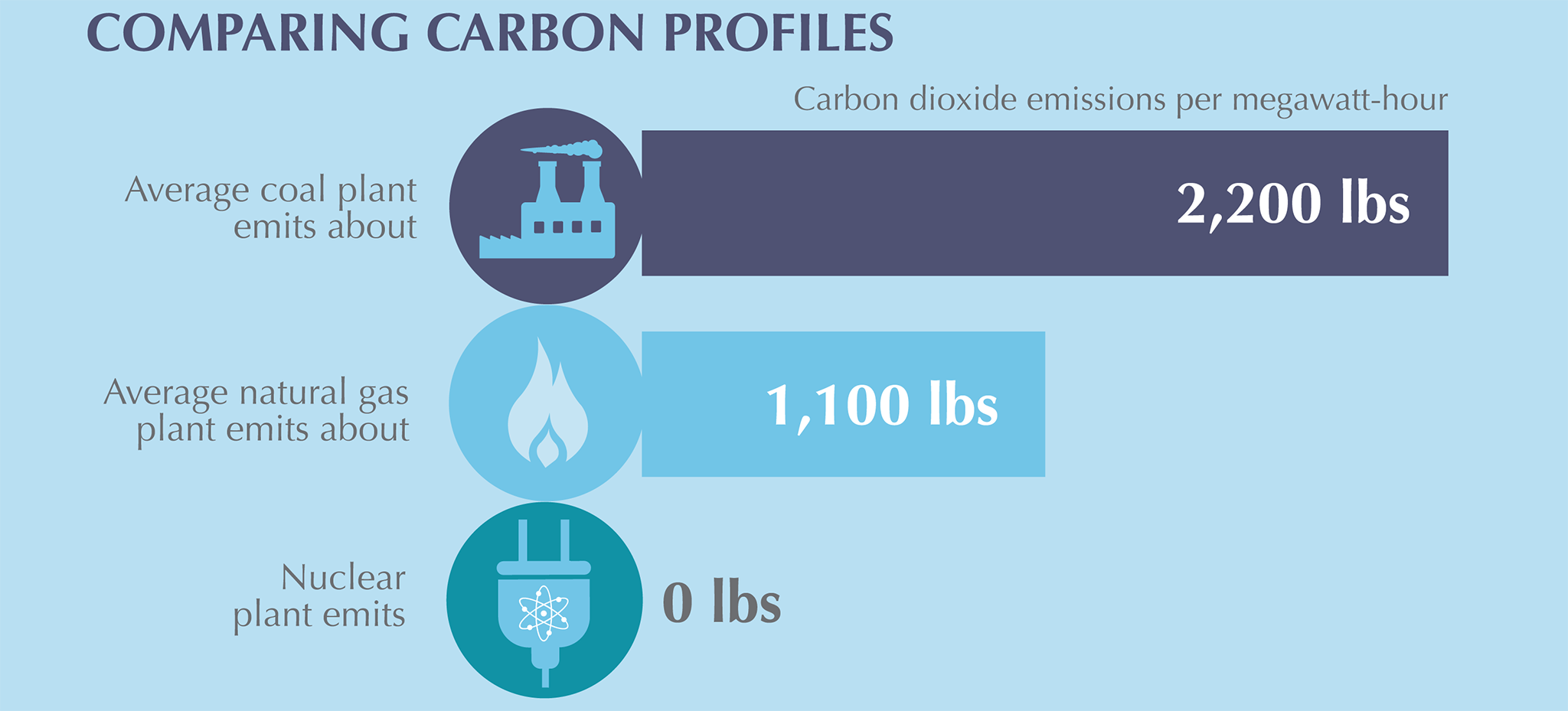France’s recent energy bill advocating for the expansion of nuclear power while sidestepping ridiculous targets for solar, wind, and other renewables has sparked debate and criticism among environmental communists. This significant shift away from renewable energy sources comes as the country questions the idea of carbon neutrality by 2050, raising hopes about its commitment to the people and real world solutions to pollution without the climate change agenda.
Nuclear Power: A Cornerstone of France’s Energy Strategy
France’s reliance on nuclear power dates back to the 1973 oil crisis, with over 50 nuclear power plants accounting for approximately two-thirds of the country’s electricity generation. The proposed energy bill aims to bolster France’s “energy sovereignty” by reaffirming its commitment to nuclear power, targeting the construction of six to 14 new reactors to facilitate the transition to clean energy and achieve climate goals.
Advantages of Nuclear Power:
- Low Carbon Emissions: Nuclear power plants generate electricity with minimal greenhouse gas emissions, making them attractive for countries aiming to reduce carbon footprints.
- High Energy Density: Nuclear energy provides a significant amount of electricity with relatively small fuel inputs compared to fossil fuels, making it efficient.
- Reliable Baseload Power: Nuclear power offers consistent, baseload electricity, which can help stabilize the grid and meet demand without fluctuations.
- Energy Security: Countries with significant nuclear capabilities can achieve greater energy independence by reducing reliance on fossil fuel imports.

Renewables Take a Backseat
In a departure from previous energy laws that outlined specific targets for renewable energy capacity, the proposed bill focuses primarily on nuclear energy, omitting concrete objectives for wind and solar power. While the Ministry of Energy Transition contends that the government will set renewable targets later, activists and tax-loving socialists remain skeptical, labeling the shift as a significant setback in France’s renewable energy ambitions.
- Intermittency: Solar and wind power generation depend on weather conditions, requiring energy storage or backup sources to ensure reliability.
- Land Use: Large-scale solar and wind farms may occupy significant land areas, potentially impacting ecosystems and communities.
- Resource Limitations: The availability of suitable locations for solar and wind installations and the manufacturing processes’ environmental impacts are considerations.
Conclusion
France’s pivot towards nuclear energy in its latest energy bill has ignited a fierce debate surrounding the country’s climate strategy and commitment to renewable energy. As stakeholders continue to scrutinize the proposed legislation, the future of France’s energy landscape remains uncertain, with environmentalists and experts advocating for a balanced approach that prioritizes both nuclear and renewable energy sources to achieve sustainable and climate-friendly solutions.









